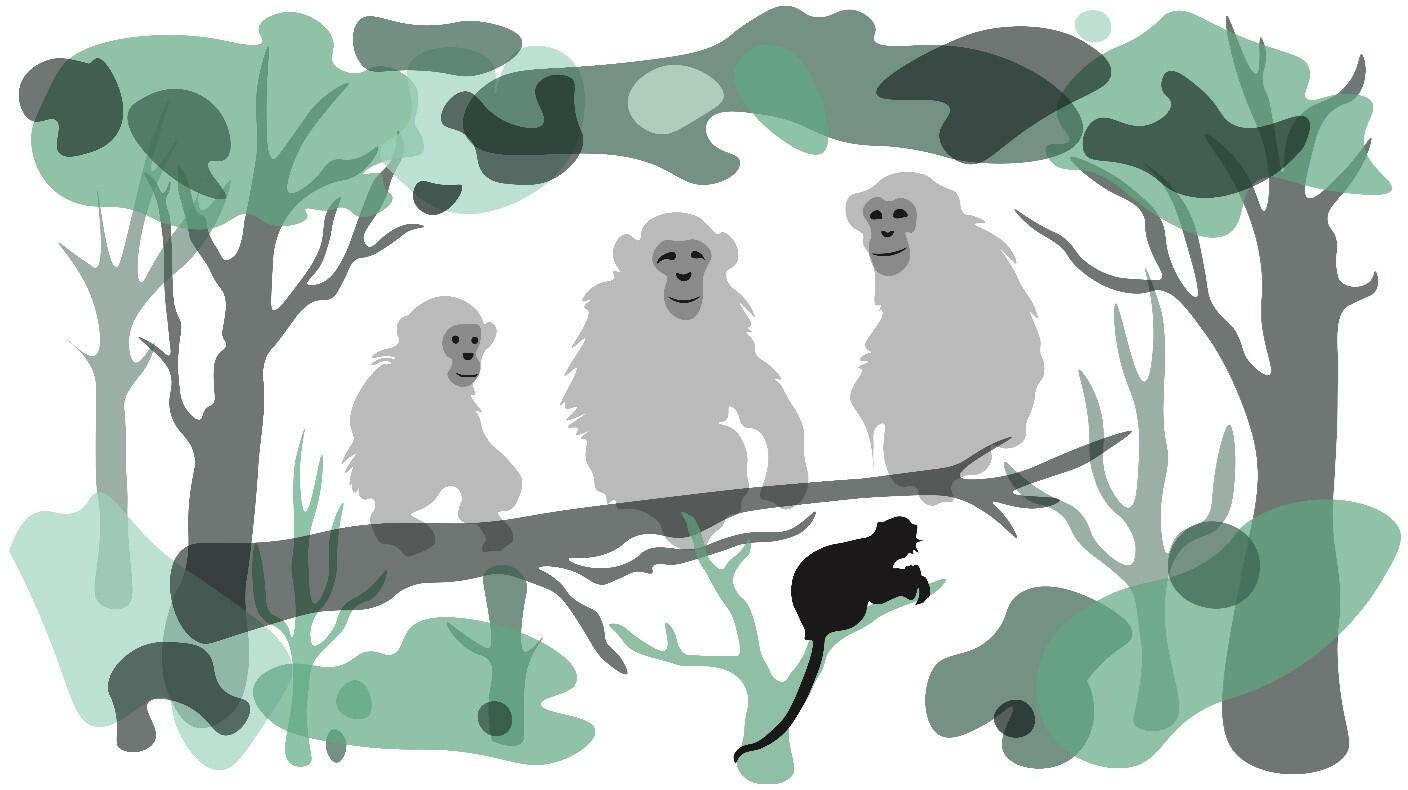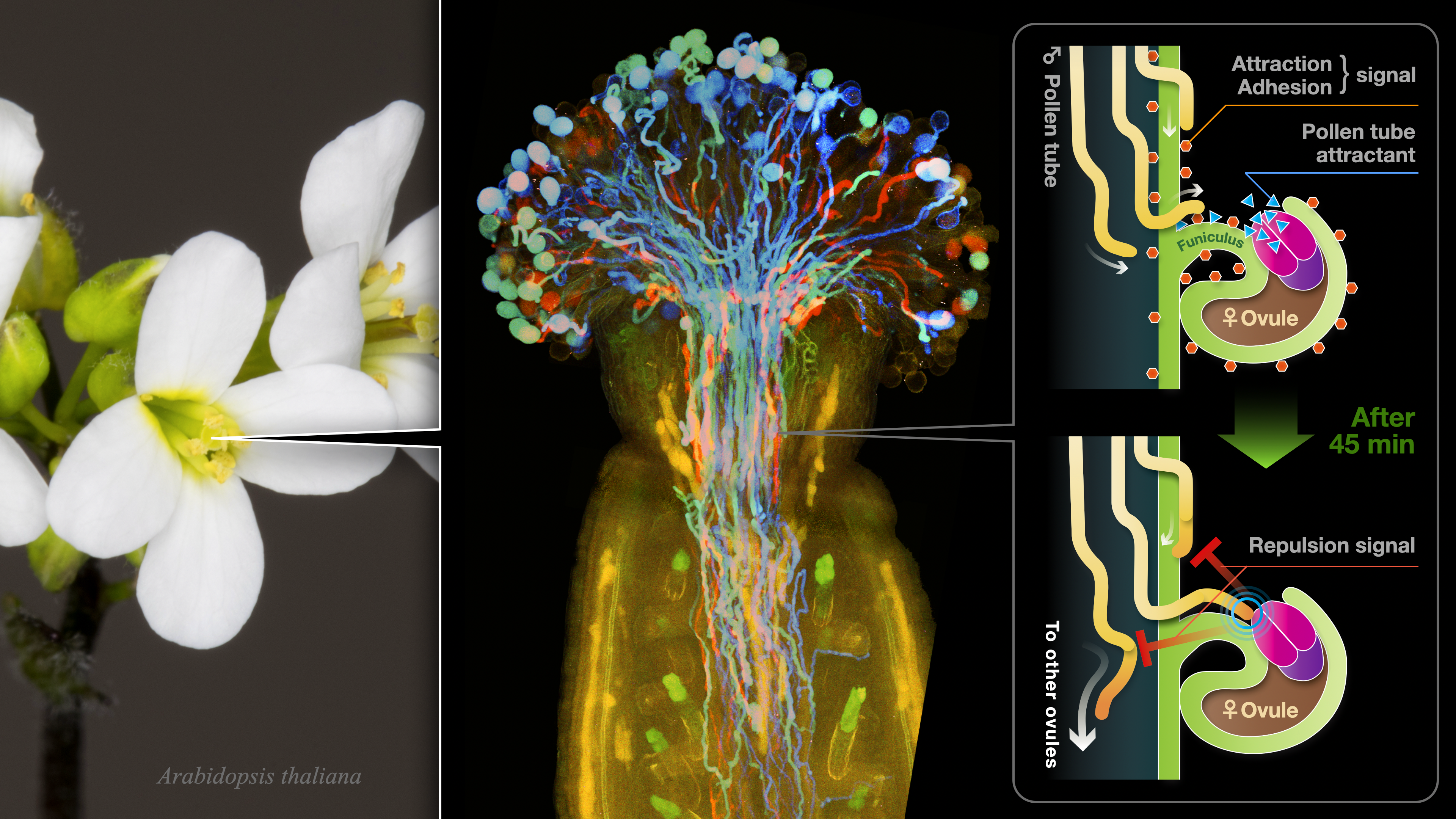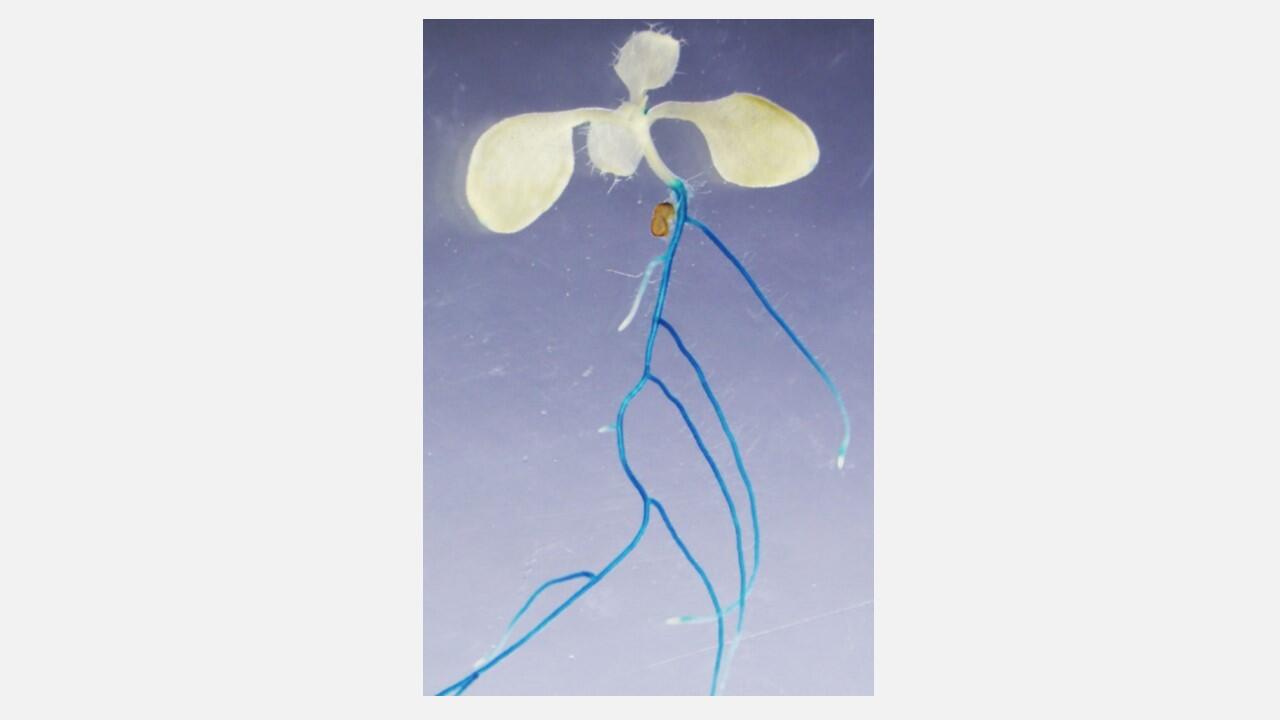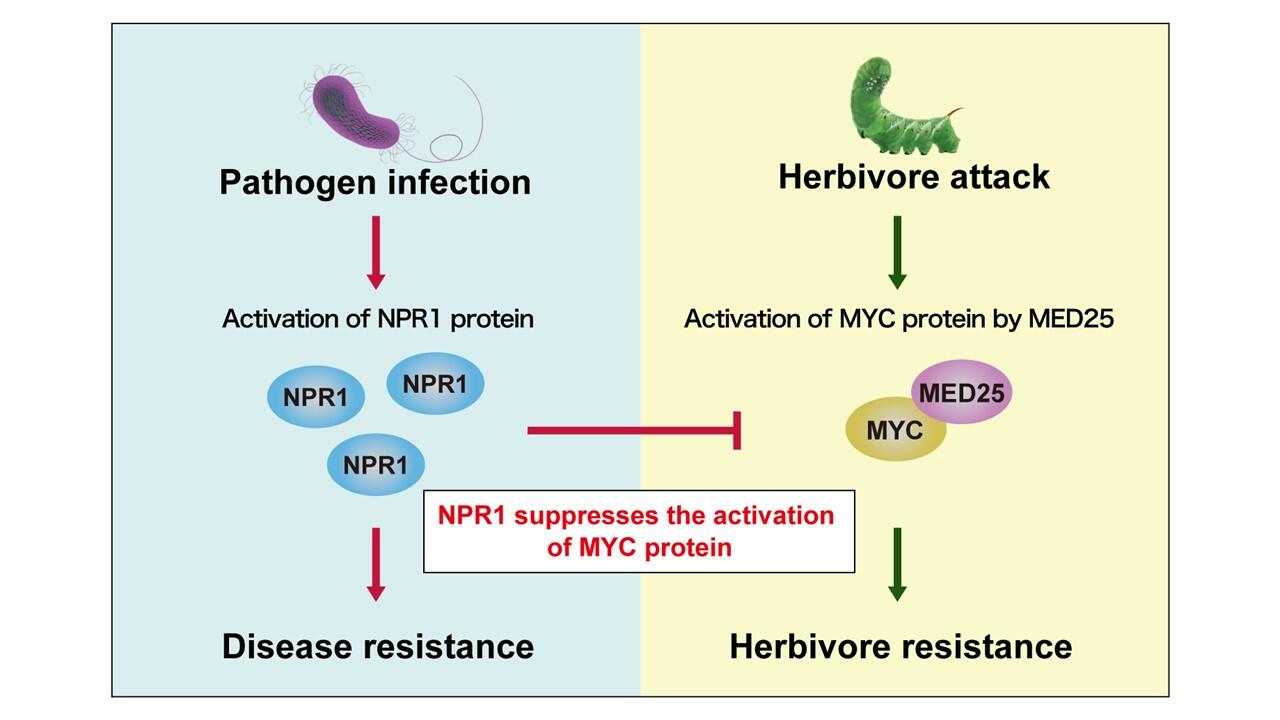The Discovery of a natural cyan blue: A unique food-sourced anthocyanin could replace synthetic brilliant blue
Scientists have developed a long-sought naturally derived cyan blue colorant sourced from red cabbage anthocyanin pigments that may offer an alternative to the industry standard blue dye, although more testing is needed to determine the compound’s safety. The novel colorant, which was developed using an enzyme that converts a range of anthocyanins to one with the ideal wavelength, remains highly stable over time and may also produce better green colors than those derived from existing natural blue colorants.
Several research programs around the world are dedicated to the hunt for a natural alternative to FD&C Blue No.1 — a challenging effort given that cyan blue is one of the rarest colors in nature. While previous research has shown that red cabbage anthocyanins produce a vibrant blue color in a pH-neutral solution, this color has been too violet to replace artificial blue dye. Studies have further found that Peak 2 (P2), a minor mono-acylated anthocyanin, warrants further investigation, yet this compound contributes less than 5% of red cabbage’s total anthocyanin content.
To further explore the potential of anthocyanins as a blue colorant, Pamela Denish and colleagues incubated P2, as well as anthocyanins P5 and P8, with aluminum cations, finding that only the P2 solution produced the desired blue color. Next, the researchers tested the color stability of blue colorant developed from P2, observing that while many naturally sourced colorants have limited stability over time, its color only diminished by 14% in sugar syrup over 55 days.
They also demonstrated the colorant’s ability to create blue and green colors in several food and confectionary products, where it also showed excellent stability over 30 days when stored at room temperature. Finally, Denish et al. identified a hydrolytic enzyme that converts the red cabbage anthocyanins P6, P7, and P8 into P2, addressing the need to obtain sufficient quantities of P2 to develop a food coloring agent. The authors note that toxicity studies will be needed to define the novel colorant’s usage limitations and food safety precautions, and further research will be required to evaluate its stability and color in a wide range of applications.
Story Source
EurekAlert! (Provided by the American Association for the Advancement of Science)
https://www.eurekalert.org/pub_releases/2021-04/aaft-ans040521.php
Journal Reference
Science Advances
https://advances.sciencemag.org/content/7/15/eabe7871
Title: Discovery of a natural cyan blue: A unique food-sourced anthocyanin could replace synthetic brilliant blue
Authors
Pamela R. Denish, Julie-Anne Fenger, Randall Powers, Gregory T. Sigurdson, Luca Grisanti, Kathryn G. Guggenheim, Sara Laporte, Julia Li, Tadao Kondo, Alessandra Magistrato, Mícheál P. Moloney, Mary Riley, Mariami Rusishvili, Neda Ahmadiani, Stefano Baroni Olivier Dangles, Monica Giusti, Thomas M. Collins, John Didzbalis, Kumi Yoshida, Justin B. Siegel, and Rebecca J. Robbins
*Graduate School of Informatics, Nagoya University, Japan
Contact
Kumi Yoshida (Corresponding author)
- Professor, Graduate School of Informatics, Nagoya University
- Email: yoshidak@i.nagoya-u.ac.jp






